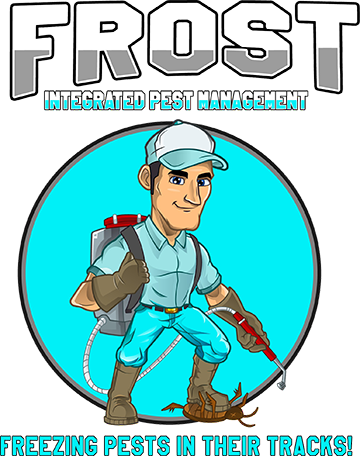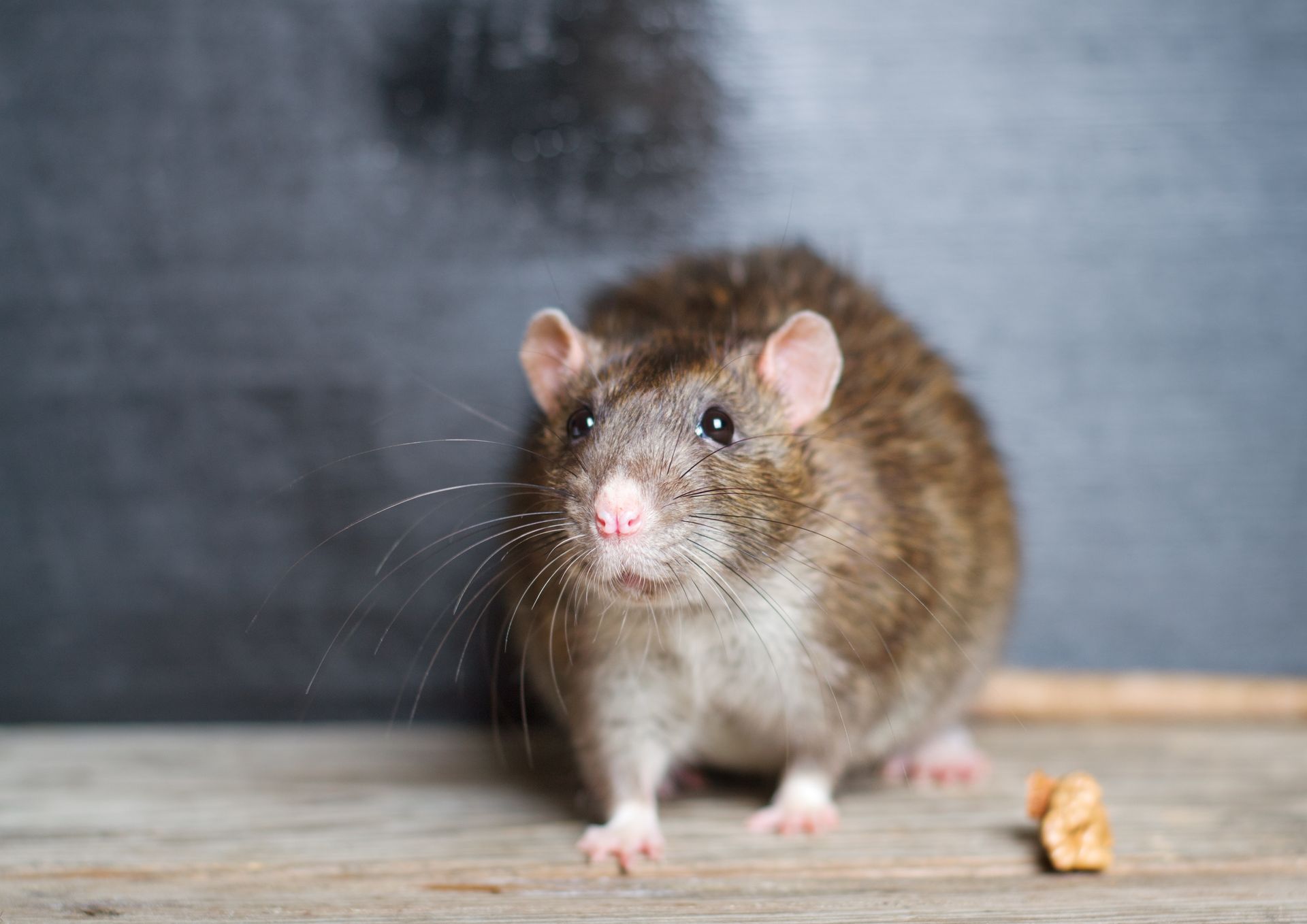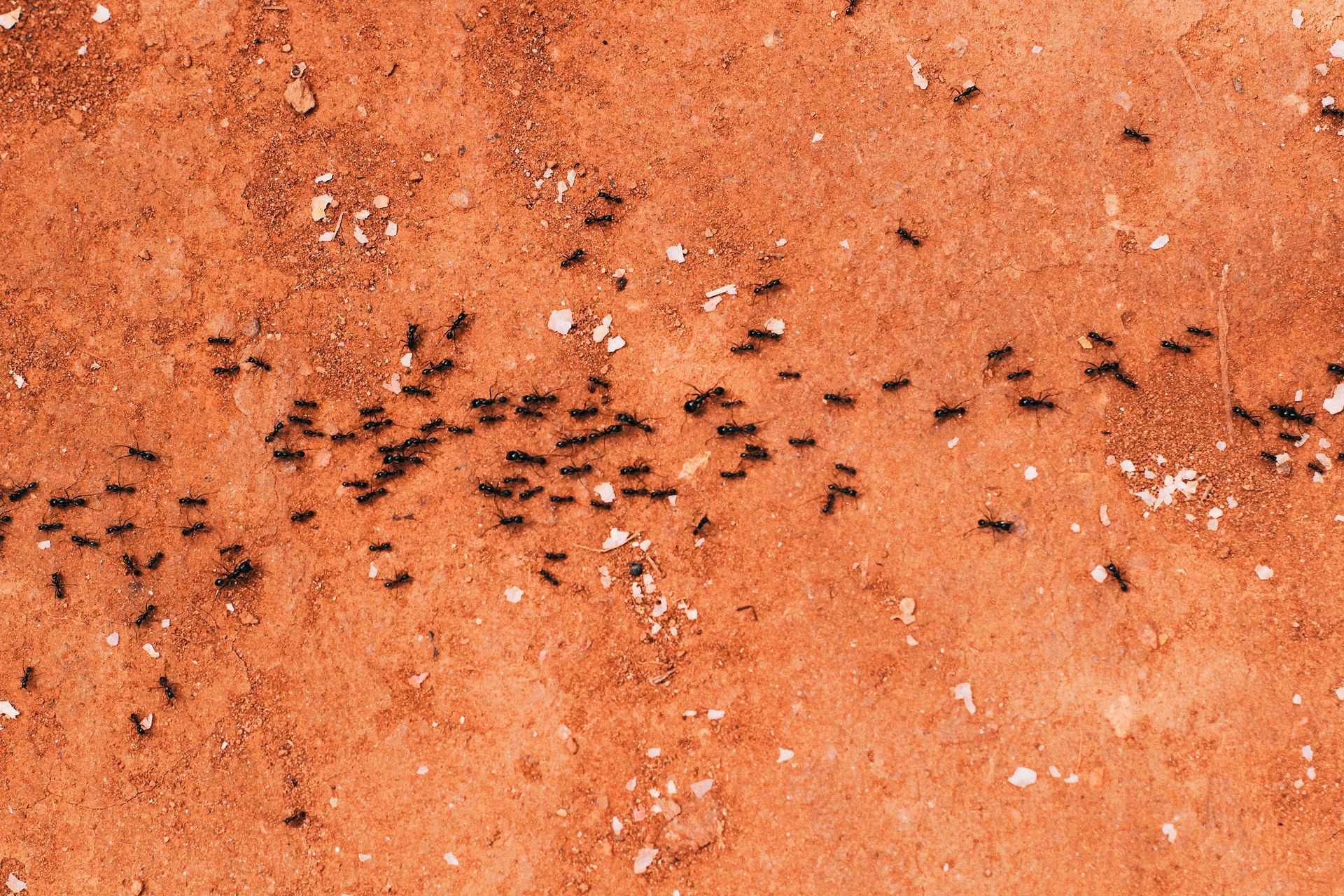Say Goodbye to Rodent Infestations: The Top 10 Most Effective Methods for Rodent Pest Control
Do you hear scurrying noises in your walls at night? Are you finding chewed wires and ripped food packages in your pantry? If so, you may have a rodent infestation on your hands. Not only can rodents cause damage to your property, but they also pose health risks to you and your family. According to the Centers for Disease Control and Prevention (CDC), rodents can spread over 35 diseases to humans, including hantavirus and salmonellosis. That's why it's important to take swift and effective action to get rid of these pesky critters. In this blog post, we'll explore the top 10 most effective methods for rodent pest control, so you can say goodbye to those unwanted house guests.
1. Identify and Seal Entry Points
The first step in controlling a rodent infestation is to identify how they are entering your home. Rodents can fit through holes the size of a quarter, so it's essential to thoroughly inspect the exterior of your home for any gaps or cracks. Common entry points include:
- Gaps around pipes, cables, and wires
- Cracks in the foundation or walls
- Damaged window or door screens
- Gaps under doors or around frames
- Open vents or chimneys
Sealing these entry points with materials such as steel wool, caulk, or metal mesh can prevent rodents from entering your home, and make it easier to control them in the long run.
2. Keep a Clean and Tidy Home
Rodents are attracted to food sources, so keeping your home clean and tidy can help deter them. Make sure to regularly clean up crumbs and spills, and store food in airtight containers. Don't leave pet food out overnight, and keep your trash cans sealed tightly. By eliminating potential food sources, you'll make your home less appealing to rodents.
3. Use Rodent Traps
One of the most traditional and effective methods for catching rodents is through the use of traps. There are several types of traps available, including snap traps, glue traps, and live traps. When using traps, it's important to place them strategically in areas where rodents are known to frequent, such as along walls and under cabinets. Make sure to also bait the traps with enticing food, such as cheese or peanut butter. Check the traps regularly and dispose of any caught rodents promptly.
4. Choose the Right Bait
Different types of rodents may be attracted to different types of bait. Some common baits include:
- Peanut butter
- Seeds
- Nuts
- Fruits (such as apples or berries)
- Meat-based baits (such as bacon or canned cat food)
Try out different types of bait to see what works best for the rodents in your home.
5. Adopt a Furry Friend
Cats and dogs are natural predators of rodents and can be a great asset in controlling infestations. However, if you're not in a position to adopt a pet, consider using their fur to your advantage. Placing pet hair near potential entry points can deter rodents, as they may mistake it for the presence of a larger, more dangerous animal.
6. Use Peppermint Oil
Rodents dislike strong scents, and peppermint oil is one scent that they find particularly repulsive. Soak cotton balls in peppermint oil and place them in areas where rodents are known to frequent. You can also mix peppermint oil with water and spray it around entry points and in other areas to keep rodents away.
7. Homemade Repellents
If you prefer to use natural methods to control rodents, there are several homemade repellents you can make with household items. Some popular options include:
- Onion-Scented All-Purpose Cleaner: Blend onions and water in a blender and strain the mixture. Use it as an all-purpose cleaner around your home to repel rodents.
- Hot Pepper Spray: Boil chili peppers in water and strain the liquid. Mix the liquid with a few drops of liquid soap and spray it around entry points and areas where rodents are known to be.
- Ammonia: Soak cotton balls in ammonia and place them in problem areas to repel rodents.
- Mothballs: While not a homemade solution, mothballs are a well-known repellent for rodents. Place them in areas where rodents are known to be, but be cautious as they can be harmful to pets and humans if ingested.
8. Ultrasonic Repellers
These electronic devices produce high-frequency sounds that are not heard by humans but are unpleasant to rodents. These repellers can be found at most hardware stores and are easy to set up. While not proven to be 100% effective, they can be a useful tool in conjunction with other methods.
9. Professional Pest Control Services
If your rodent infestation is out of control, or if you prefer to leave it to the professionals, there are many pest control companies that specialize in rodent control. These experts have the knowledge and equipment to effectively eliminate rodents and prevent future infestations. They may also offer environmentally friendly options for those concerned about using harsh chemicals in their home.
10. Prevention is Key
Once you've successfully eliminated the rodents from your home, it's important to take measures to prevent future infestations. This can include:
- Regularly inspecting your home for entry points and sealing them promptly.
- Keeping your home clean and tidy to eliminate potential food sources.
- Storing food in airtight containers.
- Keeping trash cans sealed tightly.
- Adopting a pet or using their fur to deter rodents.
- Continuing to use repellents or ultrasonic repellers as a preventative measure.
By being proactive and taking preventive measures, you can reduce the likelihood of a rodent infestation in the future.
Contact Frost Integrated Pest Management for Effective Rodent Pest Control in Portland, OR
Don't let rodents take over your home. With our top 10 most effective methods for rodent pest control, you can say goodbye to unwanted house guests and protect your property and family. However, if you need expert help, contact Frost Integrated Pest Management at (503) 863-0973 for professional rodent pest control services in Portland, OR, and the surrounding areas. We also offer ant control, cockroach services, and bed bug services. Don't hesitate to reach out to us for all your pest control needs. Let's work together to make your home rodent-free.
FAQs
-
How can I tell if I have a rodent infestation?
Some signs of a rodent infestation include droppings, chewed wires or food packaging, and scurrying noises in walls or ceilings. You may also notice a musty odor or see gnaw marks on furniture or walls.
-
Will rodents cause damage to my home?
Yes, rodents can cause significant damage to your home by chewing on wires, insulation, and wood. They can also cause damage to food and furniture.
-
Can I use rat poison to get rid of rodents?
Rat poison can be effective in killing rodents, but it can also pose a risk to other animals and children. We recommend using safer methods, such as traps or repellents.
-
How do rodents enter my home?
Rodents can enter your home through small gaps or cracks in your foundation, walls, or around pipes and wires. They can also enter through open vents or chimneys.
-
Is hiring a professional pest control service worth it?
Professional pest control services have the knowledge and equipment to effectively eliminate rodents and prevent future infestations. If you have a severe infestation or prefer not to handle it yourself, it may be worth considering.
Copyright. Frost Integrated Pest Management. All Rights Reserved.
435 Southeast 85th Avenue, Portland, OR 97216 (503) 863-0973



